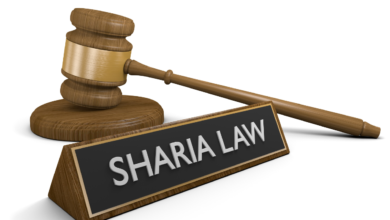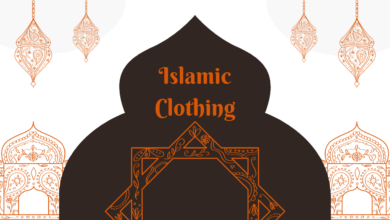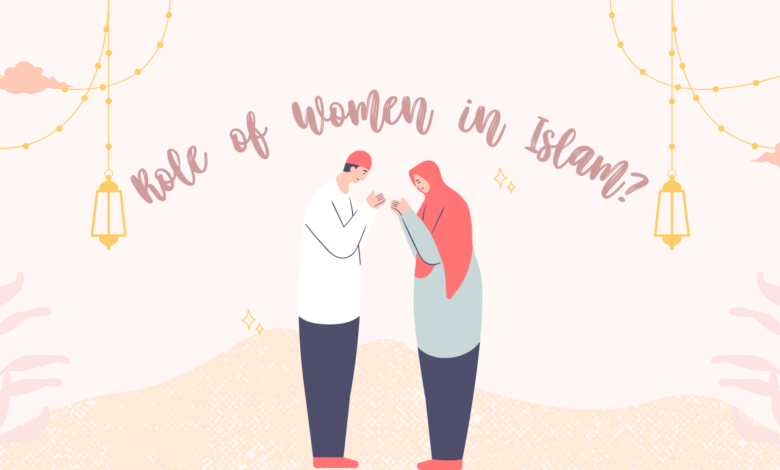
Role of Women in Islam?
No, Islam promotes the equality and dignity of women. The religion grants women various rights and emphasizes their spiritual and social equality with men.
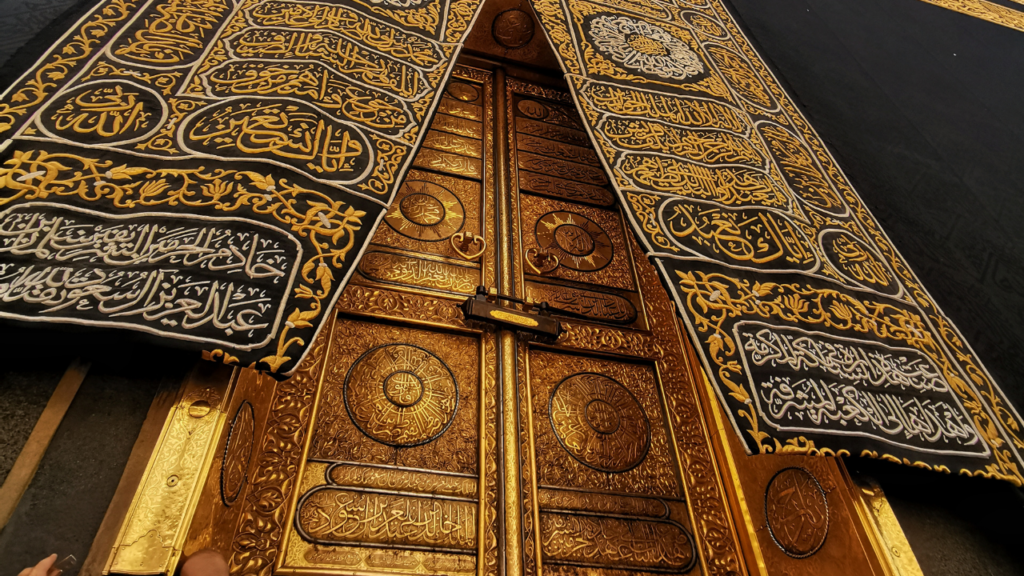
Introduction
The role of women in Islam is a topic that has garnered much attention and debate over the years. Often, misconceptions and stereotypes overshadow the true teachings of the religion. In this article, we will explore the real role of women in Islam, emphasizing their empowerment, equality, and the significant place they hold within the faith.
Spiritual Equality
Islam teaches the fundamental principle of spiritual equality. The Quran, the holy book of Islam, unequivocally asserts in Surah Al-Ahzab (33:35) that both men and women are equal in the eyes of God. “Indeed, the Muslim men and Muslim women, the believing men and believing women, the obedient men and obedient women, the truthful men and truthful women, the patient men and patient women, the humble men and humble women, the charitable men and charitable women, the fasting men and fasting women, the men who guard their private parts and the women who do so… For them, Allah has prepared forgiveness and a great reward.” This verse clearly demonstrates the spiritual equality of men and women in Islam.
Also check.
Empowerment through Knowledge
Islam strongly encourages both men and women to seek knowledge. The Prophet Muhammad (peace be upon him) said, “Seeking knowledge is obligatory for every Muslim.” This statement encompasses both genders, highlighting the importance of education for women. Throughout Islamic history, many female scholars, known as “Muhaddithat” and “Faqihah,” played pivotal roles in interpreting and transmitting Islamic knowledge.
Economic Rights and Independence
Islam promotes the economic independence of women. Muslim women are entitled to their own wealth and property. They have the right to work, invest, and engage in business activities. The Quran specifically mentions that women have the right to receive financial support from their husbands (Quran 4:32). This financial independence empowers women and safeguards their financial well-being.
Social and Legal Rights
In Islamic societies, women are granted rights and protections in various aspects of life. Islam prohibits forced marriages and encourages the concept of mutual consent in marriage. Women have the right to choose their partners and the right to divorce. Additionally, Islam strictly condemns any form of domestic abuse or violence, emphasizing kindness, compassion, and respect towards women.
Women in Leadership
Contrary to some misconceptions, women can hold positions of leadership in Islam. Although the majority of Islamic scholars agree that women should not lead men in prayer, there is evidence that women have held various leadership roles in Islamic history. For example, women like Umm Waraqa and Umm Darda are known to have led prayer and provided religious guidance during the time of the Prophet.
Modesty and Dress Code
The Islamic dress code, often associated with women, is a symbol of modesty and respect rather than oppression. While the hijab, or headscarf, is a visible aspect of modesty, it is important to note that modesty applies to both men and women. The Quran calls for modest behavior and dress for both genders, with the primary purpose of diverting attention away from physical appearances and promoting inner qualities.
Motherhood and Family
Islam places immense importance on the role of mothers and family. It is said that “Paradise lies at the feet of mothers,” highlighting the honor and respect Islam bestows upon mothers. While women are not obligated to be homemakers, they are encouraged to prioritize the well-being of their families, as it holds a significant place in Islamic teachings.
Conclusion
The role of women in Islam is multifaceted, encompassing spiritual equality, empowerment through knowledge, economic independence, social and legal rights, leadership roles, modesty, and the importance of family. These aspects of women’s roles in Islam often go unnoticed or misunderstood in the broader context of societal discourse. When interpreted and practiced correctly, the Islamic faith champions the rights and dignity of women, aligning with the principles of equality and empowerment. It is crucial to dispel misconceptions and stereotypes, allowing for a more accurate understanding of the role of women in Islam.
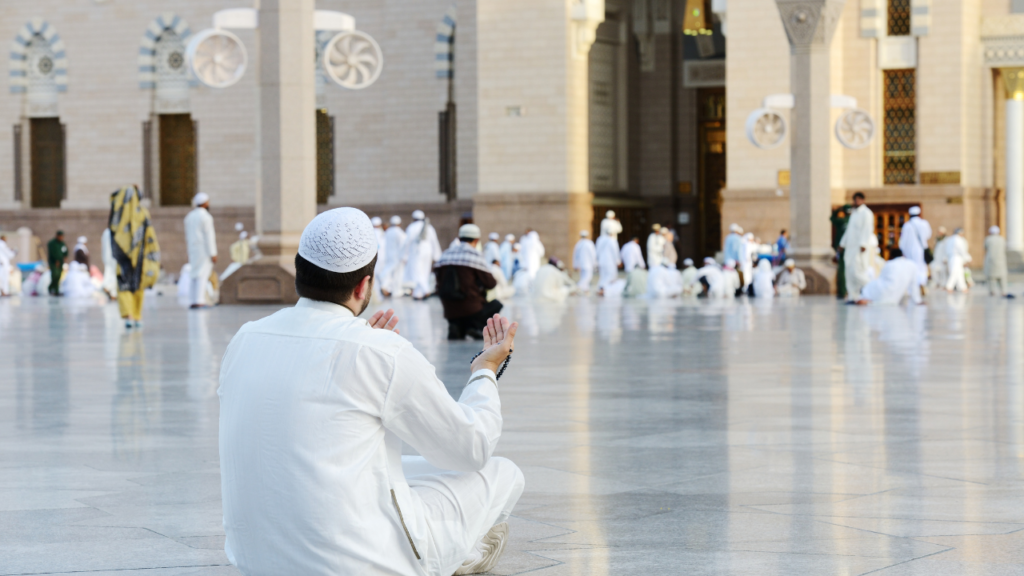
FAQs
Is Islam oppressive towards women?
No, Islam promotes the equality and dignity of women. The religion grants women various rights and emphasizes their spiritual and social equality with men.
Do Muslim women have the same spiritual rights as men?
Yes, Muslim women have the same spiritual rights as men. The Quran explicitly states that both men and women are equal in the eyes of God.
Are women allowed to work in Islam?
Yes, women are allowed to work in Islam, and they have the right to engage in business, education, and any lawful profession. Economic independence for women is encouraged.
Do Muslim women have a say in their marriages?
Yes, Muslim women have the right to consent to their marriages. Forced marriages are against Islamic principles.
What is the significance of modesty in Islam for women?
Modesty, including wearing the hijab, is a symbol of respect and modesty in Islam. It is not oppressive but promotes inner qualities over physical appearances.
Can women be leaders in Islamic communities?
While some interpretations restrict women from leading mixed-gender congregational prayers, women have historically held various leadership roles in Islamic communities, including teaching, counseling, and community guidance.
What are the rights of women in divorce in Islam?
In Islam, women have the right to initiate divorce, known as “khula.” They are also entitled to financial support during the waiting period (iddah) and custody of their children.
Do women have any role in Islamic scholarship?
Yes, women have played significant roles in Islamic scholarship throughout history. There have been female Islamic scholars and jurists who have contributed to the interpretation and transmission of Islamic knowledge.
What is the role of motherhood in Islam?
Islam highly values motherhood, and it is often said that “Paradise lies at the feet of mothers.” Mothers are respected and honored in Islamic teachings, but women are not obligated to be homemakers.
